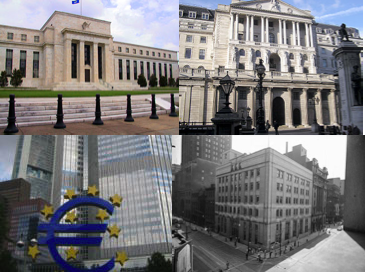“The constant refinancing of debt from companies of doubtful viability also leads to the perpetuation of overcapacity because a key process for economic progress, such as creative destruction, is eliminated or limited”.
One of the arguments most used by central banks regarding the increase in inflation is that it is because of bottlenecks and that the recovery in demand has created tensions in the supply chain. However, the evidence shows us that most commodities have risen in tandem in an environment of a wide level of spare capacity and even overcapacity.
If we analyse the utilization ratio of industrial and manufacturing productive capacity, we see that countries such as Russia (61%) or India (66%) are at a clear level of structural overcapacity and a utilization of productive capacity that remains still several points lower than that of February 2020. In China it is 77%, still far from the 78% pre-pandemic level. In fact, if we analyse the main G20 countries and the largest industrial and commodity suppliers in the world, we see that none of them have levels of utilization of productive capacity higher than 85%. There is ample available capacity all over the world.
Continue reading Inflation, Money And Supply Bottlenecks →

